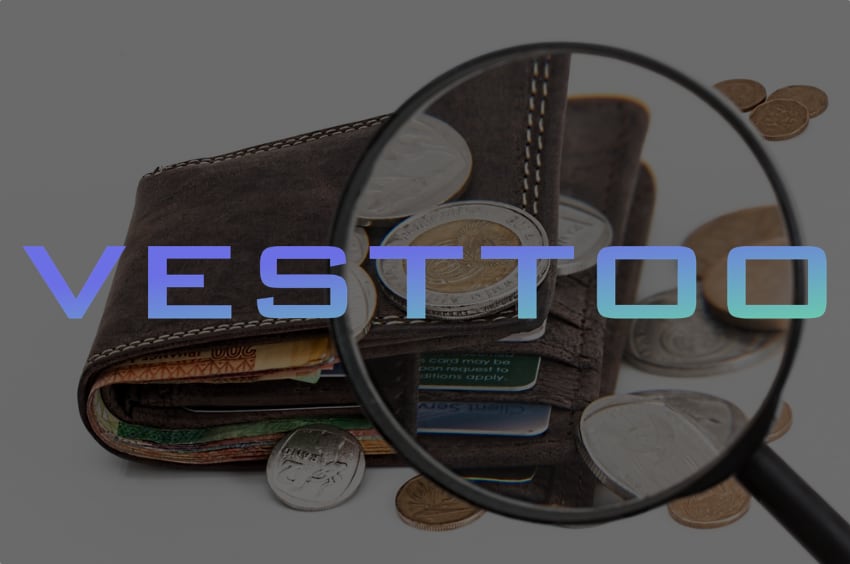Vesttoo to stay in Chapter 11, court denies US Trustee motion to liquidate at pace

Vesttoo, the insurtech at the centre of an international reinsurance letter of credit (LOC) fraud investigation, is set to remain in Chapter 11 bankruptcy, after the court denied a motion from the US Trustee to convert the case to Chapter 7 so a liquidation could be accelerated.
As we reported earlier this week, a rare agreement between Vesttoo and the Official Committee of Unsecured Creditors to the bankruptcy case saw both sides objecting to the US Trustees motion.
A hearing was then held on Wednesday, at which the US Trustee got the chance to question Vesttoo’s interim CEO Ami Barlev on numerous items, although it has to be said there were no ground-breaking disclosures that came to light through this examination.
Vesttoo continues to pursue a path to sell off its technology, intellectual property and business model, Barlev said under questioning, a move that the creditor committee now appear to be onside with, at least in terms of giving the insurtech the time needed to see if it can consummate a deal.
There are still open questions, raised in conversation with market sources and also hinted at in court filings, as to who might be the financiers behind such a deal and whether a transaction is actually designed to protect, or boost the value of, their previous investments, more than protecting creditor interests who are out of pocket, but the court will also have the ability to assess any deal and agree with or object to it, once details of it become clear.
At the same hearing, both the Vesttoo and creditor sides raised their objections to the US Trustees move to convert to Chapter 7 liquidation, while the individual creditors in the committee were also asked if they had any specific objections to an order denying the Trustees motion, which they did not.
As a result, the court denied the US Trustees motion and an order has now been filed denying it, signed by the judge in the bankruptcy case.
It means the focus can switch to Vesttoo’s attempts to sell certain assets and the details of any transaction that is proposed.
As said, any transaction will still need the approval of the court, as it has to recover value for the creditors and the source of any deal, as well as who is financing it and how connected they are to the history of the insurtech are certain to come under scrutiny.
Staying in Chapter 11 will also provide Vesttoo with the time required to try and finalise the reinsurance transactions that it said some value can now be recovered from, given they were said to have been cash collateralized and not backed by fraudulent letters of credit.
As we said in our last report, these transactions, called “bona fide investment deals” by Vesttoo, are said to have as much as $15 million in funds that could be recovered associated with them, which would be a boost to the building of a bankruptcy estate for the creditors benefit.
Finally, one more signal of the impending death and disappearance of Vesttoo as a brand, if not as a concept (if a sale transaction can be agreed), is the fact that the insurtech’s website has been deactivated in the last few days.
Read all of our coverage of the alleged fraudulent or forged letter-of-credit (LOC) collateral linked to Vesttoo deals.






